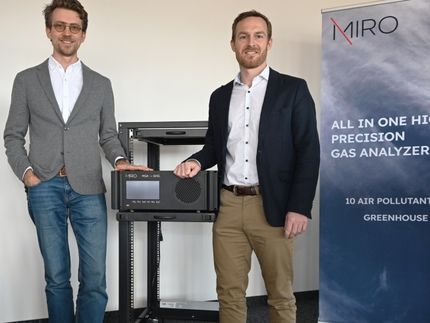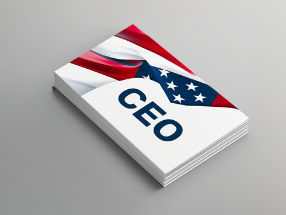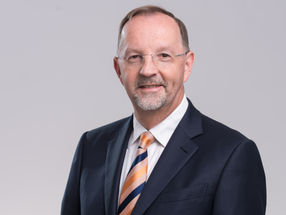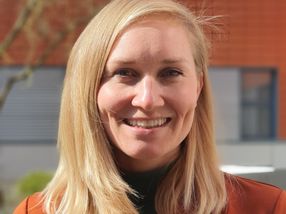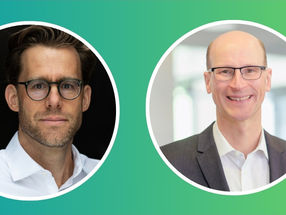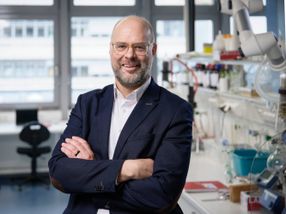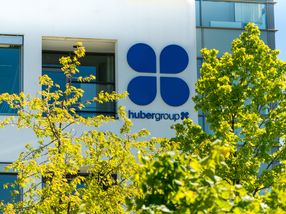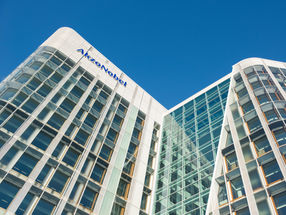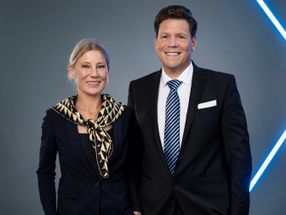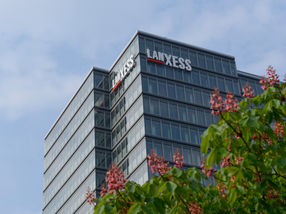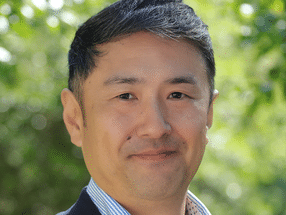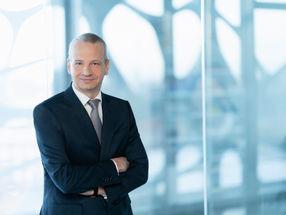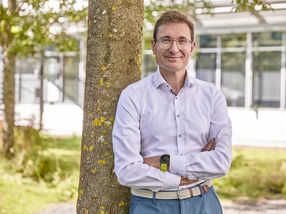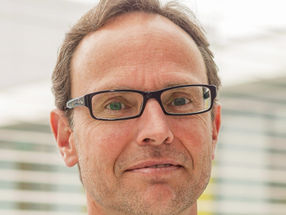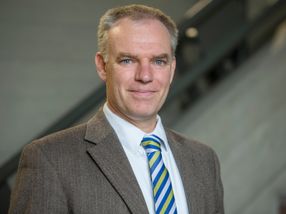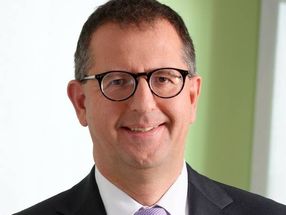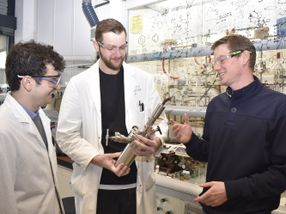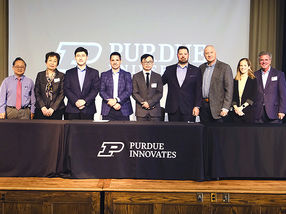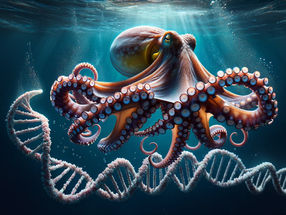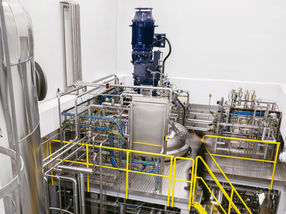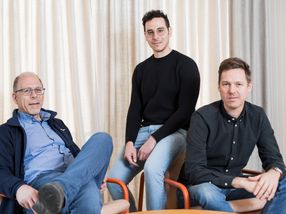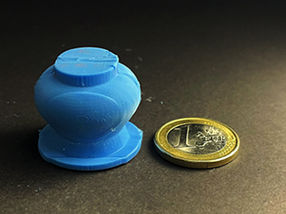DuPont Scientist Charles Noelke Elected to U.S. National Academy of Engineers
DuPont Fellow and Lavoisier medalist Charles Noelke was elected to the U.S. National Academy of Engineers (NAE) for his distinguished work as part of a team that led the company’s efforts to develop and commercialize the Replacement process technology for chlorofluorocarbons (CFC) in refrigerants.
Election to the National Academy of Engineering is among the highest professional distinctions accorded to an engineer. Academy membership honors those who have made outstanding contributions to “engineering research, practice, or education, including, where appropriate, significant contributions to the engineering literature,” and to the “pioneering of new and developing fields of technology, making major advancements in traditional fields of engineering, or developing/implementing innovative approaches to engineering education.”
Charlie, a chemical engineer at the DuPont Fayetteville, N.C., site, led the team that developed HFC-134a, a replacement for ozone-depleting CFC refrigerants. His team proceeded from computer-generated process modeling to commercialization of new HFC-134a process technology in less than three years. This pioneering work was recognized along with other DuPont efforts with the prestigious National Medal of Technology in 2002 “for policy and technology leadership in the phaseout and replacement of chlorofluorocarbons (CFCs).”
Charlie also played a significant role in the development of the commercial process for producing DuPont™ Tedlar® films. During his career with DuPont, over 30 processes at sites around the world have been impacted by Charlie’s process technology advances. Today, Charlie is developing a range of environmentally smart alternative processes for making fluorochemicals, fluoromonomers and fluoropolymers. In 2006, he received the prestigious Collaboration of the Year Award from the Chemical Council for Research for his collaborative efforts on carbon dioxide based polymerization in conjunction with the University of North Carolina at Chapel Hill. He was recognized a year later with the DuPont Lavoisier Medal, the highest scientific achievement awarded by the company.
Most read news
Organizations
Other news from the department people

Get the chemical industry in your inbox
From now on, don't miss a thing: Our newsletter for the chemical industry, analytics, lab technology and process engineering brings you up to date every Tuesday and Thursday. The latest industry news, product highlights and innovations - compact and easy to understand in your inbox. Researched by us so you don't have to.
Most read news
More news from our other portals
Last viewed contents
U.S. Caustic Soda Price Increase

ARGUS Umweltbiotechnologie GmbH - Berlin, Germany

LIOT Kunststoff- u. Rohrleitungsbau GmbH - Dölsach, Austria
Detecting harmful dye used to make ketchup red
Lilly Announces Plans for New $100 Million Research Facility

Litronik Batterietechnologie GmbH - Pirna, Germany

